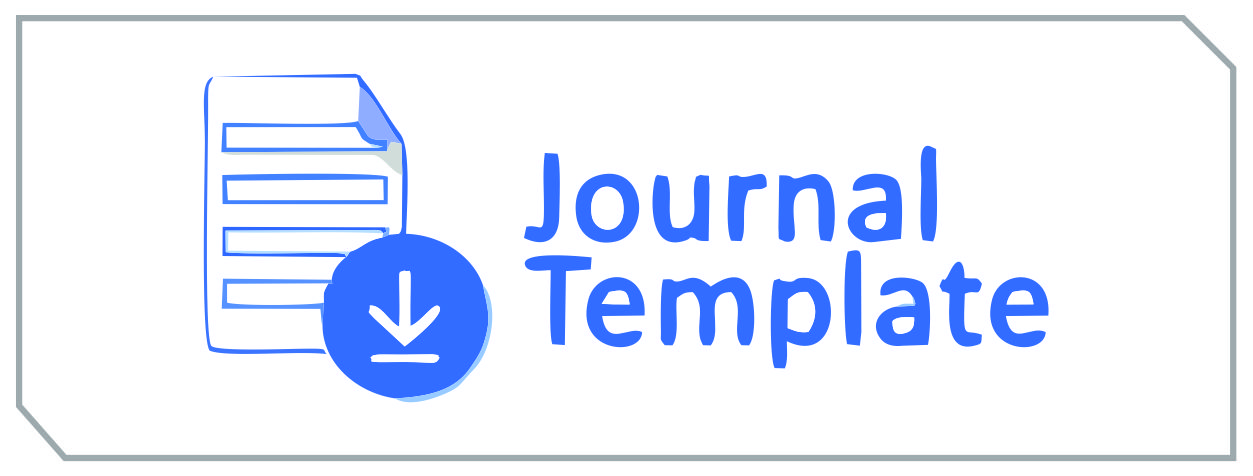DISTRIBUSI RATA-RATA PENGARUH ARTIFICIAL INTELLIGENCE TERHADAP KEMAMPUAN BERPIKIR KRITIS MAHASISWA
DOI:
https://doi.org/10.51903/informatika.v4i2.830Keywords:
Artificial Intelligence (AI), critical thinking, cognitive skillsAbstract
The use of artificial intelligence (AI) in education is increasingly widespread, particularly among students, to support learning processes. This study aims to analyze the impact of AI usage on students' critical thinking skills. The methods employed include qualitative interviews and observations, as well as quantitative surveys. The findings reveal that AI enhances learning efficiency and access to information; however, excessive reliance on AI may reduce students' independence and critical thinking abilities. While most students find AI features helpful in understanding material, such dependence diminishes efforts in reflection and independent analysis. The study highlights the importance of blending AI usage with the development of independent cognitive skills to maximize technological benefits without compromising critical thinking capabilities.
References
R. Dwi Natasya, “IMPLEMENTASI ARTIFICIAL INTELLIGENCE (AI) DALAM TEKNOLOGI MODERN,” Jurnal Komputer dan Teknologi Sains (KOMTEKS), vol. 2, no. 1, pp. 22–24, [Online]. Available: https://ojs.unm.ac.id/pengabdi/article/view/46
R. T. Apriadi and H. Sihotang, “Transformasi Mendalam Pendidikan Melalui Kecerdasan Buatan: Dampak Positif bagi Siswa dalam Era Digital.” [Online]. Available: https://news.republika.co.id/
R. N. Yahya, S. N. Azizah, and Y. T. Herlambang, “Pemanfaatan ChatGPT di Kalangan Mahasiswa: Sebuah Tinjauan Etika Teknologi dalam Perspektif Filsafat,” UPGRADE : Jurnal Pendidikan Teknologi Informasi, vol. 1, no. 2, pp. 53–59, Feb. 2024, doi: 10.30812/upgrade.v1i2.3481.
Sirah Robitha Maula, Sindi Dewi Aprillian, Assyfa Wahida Rachman, and Meutia Nur Marziah Azman, “Ketergantungan Mahasiswa Universitas Jember Terhadap Artificial Intelligence (AI),” ALADALAH: Jurnal Politik, Sosial, Hukum dan Humaniora, vol. 2, no. 1, pp. 01–14, Dec. 2023, doi: 10.59246/aladalah.v2i1.608.
A. Zakilah Ifani, M. Anis Abdullah, N. Vega, and W. S. Ilahi, “Analisis Ketergantungan Penggunaan Chat GPT di Kalangan Mahasiswa Menyebabkan Penurunan Kualitas Belajar,” Hal, 2024. [Online]. Available: https://e-jurnal.nobel.ac.id/index.php/smartlock
V. Anggitasari, T. Widyaningrum, and S. Utari, “PENGEMBANGAN BERPIKIR KRITIS MELALUI ANALISIS JURNAL.”
Harmilawati, Rifqatussa’diyah, P. Amalia, H. A. Majid, and I. A. Sahrah, “Peran Teknologi AI dalam Pengembangan Kemampuan Berpikir Kritis Mahasiswa,” Prosiding Seminar Nasional Fakultas Tarbiyah dan Ilmu Keguruan IAIM Sinjai, vol. 3, pp. 26–31, Oct. 2024, doi: 10.47435/sentikjar.v3i0.3134.
F. Annisa Azzahra and F. Toriqo Abimanyu, “Perubahan Sosial Akibat Kemunculan Teknologi Chat GPT di Kalangan Mahasiswa,” Jurnal Ilmiah Multidisipline, vol. 1, no. 11, pp. 270–275, 2023, doi: 10.5281/zenodo.10252301.
S. Rifky, “Dampak Penggunaan Artificial Intelligence Bagi Pendidikan Tinggi,” Indonesian Journal of Multidisciplinary on Social and Technology, vol. 2, no. 1, pp. 37–42, Feb. 2024, doi: 10.31004/ijmst.v2i1.287.
R. Lukman, R. A. Riska, dan R. A. Rihadatul, “Problematika Penggunaan Artificial Intelligence (AI) untuk Pembelajaran di Kalangan Mahasiswa STIT Pemalang,” Jurnal Madaniyah, vol. 13, no. 2, Juli 2023. https://doi.org/10.58410/madaniyah.v13i2.826










.png)
